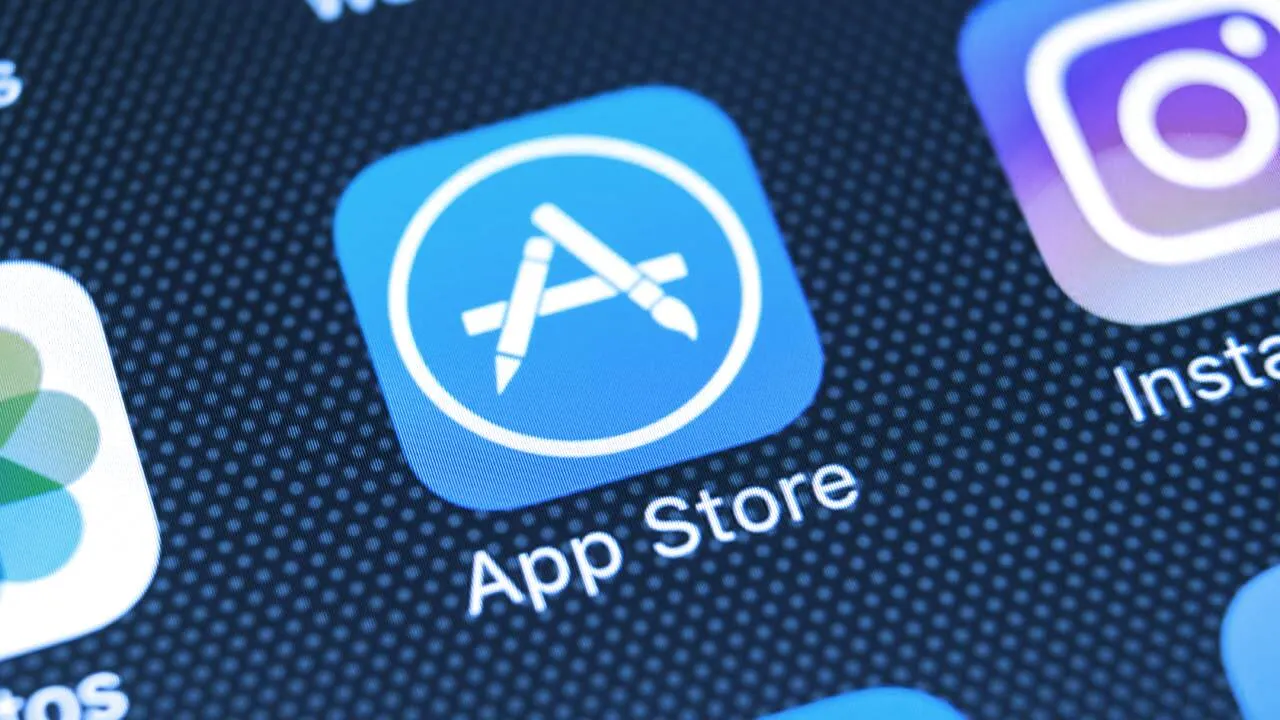Getting an app listed in the Apple App Store is no easy task, but it’s been an especially onerous process for crypto companies and projects.
That’s not by accident, according to Apple's former App Store director.
Phillip Shoemaker, who originally crafted the App Store’s guidelines together with the late Steve Jobs, says that those guidelines have been rewritten since his departure—and in a way he believes is intentionally vague. This, he says, has given Apple the ability to function as a sort of gatekeeper, a claim recently echoed by a Commerce Department report. But it has also allowed Apple to maintain an arbitrarily harsh stance against crypto and NFTs specifically, says Shoemaker.
“Apple had a problem with crypto from day one. They thought it was a Ponzi scheme,” he told Decrypt in an interview.
App Store Origins
Shoemaker, who worked at Apple for over seven years from 2009 until 2016 and is now the CEO of Identity.com, says he initially set out to make the App Store guidelines as straightforward as possible. “The goal was always to make them more black and white over time to make developers understand what they can and can't do,” he said.
After all, getting accepted into the Apple or Google app stores can make or break a company. And a rejection can cause severe setbacks for app developers.
“I had hundreds of death threats,” Shoemaker said of his interactions with frustrated devs. “I had people following me out to my car, people sneaking into Apple.”
In a 2019 Bloomberg interview, Shoemaker said his app approvals could even hurt Apple’s stock price. “Jobs used to say I had the worst job at Apple, because no matter what I did, someone hated me,” Shoemaker told Decrypt.
After Shoemaker’s departure in 2016, Apple’s App Store Guidelines were rewritten by Apple’s legal team and longtime Apple Fellow Phil Schiller, who now oversees the App Store. Shoemaker points the finger at Schiller for what he considers to be Apple’s adversarial relationship with crypto.
“They went through a major change, I would say, right as I was leaving,” Shoemaker said. “The tone substantially changed.”
Shoemaker argues that the 2016 rewrite made the guidelines intentionally unclear. “They ended up making things even more vague and more gray than before. We need black and white, we don't need gray,” he said.
Schiller did not respond to Decrypt's request for comment. And when asked for its official stance on crypto, an Apple representative only responded only with a link to the cryptocurrency section of its App Store Review Guidelines, which details in five bullet points what crypto app developers can and cannot do on its platform.
The Crypto Conundrum
The Apple App Store has cracked down on various crypto apps it believes are violating its guidelines over the years. Ten years ago, while Shoemaker was still with the company, Coinbase’s app was banned from Apple’s App Store for an entire year.
Coinbase did not respond to Decrypt’s request for comment, and when Decrypt reached out to Apple to ask why the Coinbase app was banned in 2013, a representative again referred us its App Store Developer Guidelines.
In 2020, Coinbase CEO Brian Armstrong wrote that Apple has been “very restrictive and hostile to cryptocurrency over the years.” He explained that some features within the Coinbase app had been blocked, but later deleted the tweet.
In 2022, Apple updated its App Store Review Guidelines to address NFTs—unique blockchain tokens that can signify ownership over associated metadata such as art, metaverse land, or a membership pass to an exclusive club.
“Apps may use in-app purchase to sell and sell services related to non-fungible tokens (NFTs), such as minting, listing, and transferring,” the new guidelines read. “Apps may allow users to view their own NFTs, provided that NFT ownership does not unlock features or functionality within the app.”
This means that buying NFTs through an App will incur Apple’s hefty 30% fee, and any NFTs viewable through an app that were not purchased in-app are not allowed to unlock any additional content or in-app features. Developers are also not allowed to offer users any workarounds in-app to evade the 30% fee, such as by visiting an external link in a web browser.
In December 2022, Coinbase found itself in trouble again when Apple began enforcing its new NFT rules and blocked the Coinbase Wallet app until it removed its NFT transfer feature. Coinbase said its app was banned because Apple wanted to tack its 30% fee onto any Ethereum gas fees, which Coinbase said was technically impossible.
“For anyone who understands how NFTs and blockchains work, this is clearly not possible,” Coinbase said. “Apple’s proprietary In-App Purchase system does not support crypto so we couldn’t comply even if we tried.”
Shoemaker believes these new NFT rules were crafted with the same “harsh” tone as the rest of Apple’s payment rules.
“It’s the bully who wants your lunch money,” Shoemaker said of Apple’s 30% in-app purchase fee. “That’s just the bottom line.”

